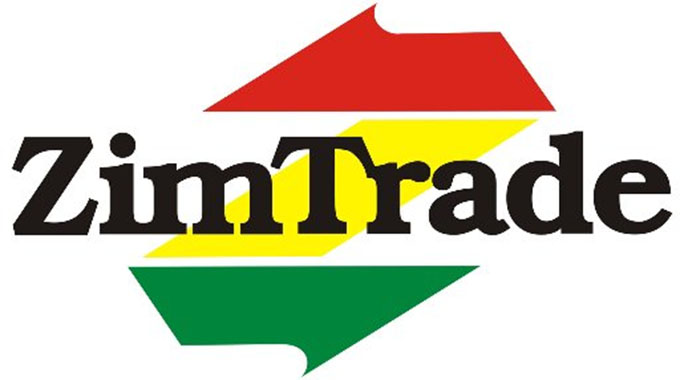Anchoring stability top priority in Mid-Term Budget review
Finance Minister, Economic Development and Investment Promotion Minister Professor Mthuli Ncube is expected to present the 2024 Mid-Term National Budget Statement review to Parliament this afternoon.
Social protection for vulnerable citizens, following the devastating impact of the El Nino drought on agriculture, and efforts to anchor prevailing economic stability and drive economic growth are expected to top the priority list of the budget review.
Zimbabwe and other countries in southern Africa have been hit by the El Nino-induced drought that has wreaked havoc on the country’s agriculture sector, decimating crops and depleting water sources, and leaving millions of people on the brink of starvation.
In the face of such dire circumstances, President Mnangagwa has declared the 2023/2024 agricultural season a State of National Disaster following the El-Nino-induced subdued rainfall pattern which resulted in food deficit in many areas leaving most families in need of food aid.
At least 7,7 million people are expected to be food insecure and the President has assured the nation that no one will starve, adopting a principled approach that places the welfare of all Zimbabweans above partisan interests.
In an interview after launching the Zimbabwe InterGovernmental Fiscal Transfers System Administrative Manual in Harare yesterday, Finance, Economic Development and Investment Promotion Minister Professor Mthuli Ncube said the upcoming fiscal policy review was presently going through various Cabinet committee discussions before Cabinet approval and presentation to Parliament.
“The mid-term budget and economic review will be presented to Parliament on Thursday the 25th of July, but before that it goes through various processes such as various Cabinet committee discussions and Cabinet, that process has begun already.
“Of course, I can’t say what the focus areas are until l present.
“If I tell you it means that I have presented you know, so wait until I present, then it becomes clearer.
“But it can be sure that the public will be asking themselves certain questions regarding for instance, is there adequate support in terms of social protection during this tough year in terms of drought.
“Then I will be giving assurance that there is adequate support,” he said.
Prof Ncube added that the public would also need to know if there would be adequate resources for the rest of the year to support the devolution agenda and for supporting infrastructure development programmes.
“We will be able to provide those answers adequately during the presentation of the mid-term budget and economic review,” he said, adding that the economic growth projection for this year has been negatively impacted by the El-Nino-induced drought whose repercussions are largely felt in the agriculture sector.
“But it (El-Nino drought) has other cascading impacts such as reasonable electricity production (hydro-power) and so forth and this has resulted in us taking down our economic growth.
“As you know we had projected economic growth at 3,5 percent, we as the Government as well are revising our growth downwards.
“We are aware that some of the partners that we work with have figures already at 2 percent (the International Monetary Fund), AfDB also has got a figure, and then the World Bank the same.”
The downgrading of the economic growth projections was due to the deeper-than-expected El-Nino impact on the agriculture sector.
He said the Government expects economic growth to recover next year to above 5 percent.
In a separate interview, economist Mr Persistence Gwanyanya who is also a member of the Reserve Bank of Zimbabwe (RBZ) Monetary Policy Committee, said at the moment the fiscus has pressure emanating from drought and softening commodity prices.
“In this light, we expect the mid-term budget review to have additional surplus to promote judicious management of the budget — we want the Treasury to continue supporting the stability that we have achieved so far as well as the Treasury to underwrite the ZiG currency through measures such as payment of QPDs (Quarterly Payment Dates),” he said.-herald












